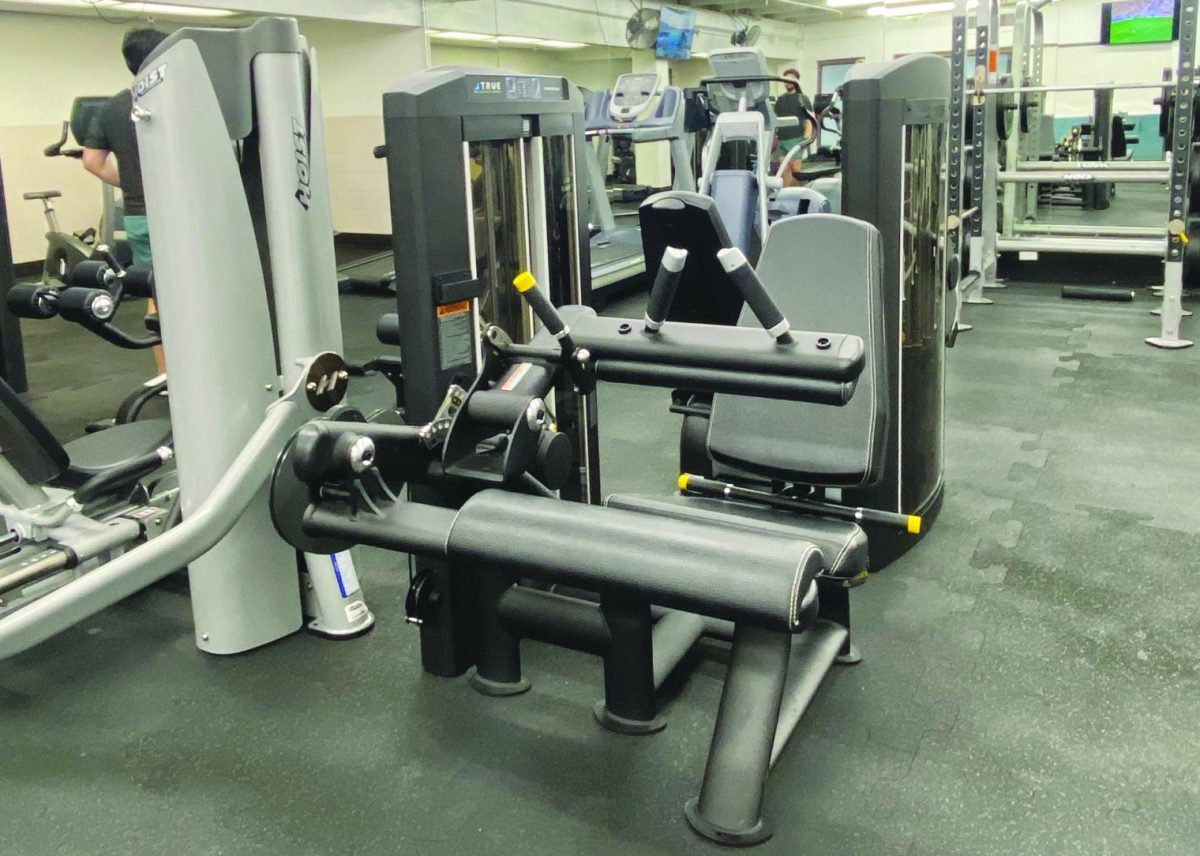By Juan Betancourt
Contributing Writer

The 2016 Summer Olympic Games will be held in Rio de Janeiro, Brazil, a city already stricken with contaminated surrounding bodies of water and now overwhelmed with the sudden outbreak of the Zika virus. The city won the bid back in 2009, but health concerns have since overshadowed the upcoming games.
Part of Rio de Janeiro’s bid to host the Olympics was to clean and regenerate the waterways and lakes, according to the city’s official bid. However, viral outbreak concerns were not mentioned. Despite water sanitation being Brazil’s first priority, things remain unchanged after seven years.
In July 2015, the Associated Press published an article with results of testing they commissioned on three Olympic aquatic venues. None of them were found safe for swimming or boating.
According to the AP, high counts of active and infectious human adenoviruses were found. Adenoviruses can cause a wide range of illnesses such as the common cold, bronchitis, pneumonia and diarrhea, according to the Centers for Disease Control and Prevention.
The Olympics allow athletes the opportunity to represent their countries, but competing for a medal in Rio de Janeiro could prove risky. Becoming ill before or during the Olympics would waste years of training because of the four-year interval between the games.
Approximately 1,400 athletes will compete in water sport events in Rio de Janeiro, according to the AP.
Erick Heil, a German Olympic sailor, was training in Brazil last August when he became infected with Methicillin Resistant Staphylococcus Aureus, a flesh-eating bacteria. Heil had to return to his home country to get treatment in Berlin, according to the AP.
“I have never in my life had infections on the legs,” Heil said after being treated for MRSA.
The Zika virus outbreak in Central and South America, along with the water quality in Rio de Janeiro, is giving athletes second thoughts about participating in the games.
Women participating in the games should be more concerned about the virus. Although not proven, doctors believe newborn babies infected with the virus can develop microcephaly, a birth defect that causes abnormally small heads in newborns, according to BBC News.
Brazil’s health ministry has reported 3,893 microcephaly cases since October 2015, according to BBC News. Of those cases, 6 percent are from the region where the games will be held.
Before the U.S. Women’s National Soccer team qualified for the games, some players expressed concerns.
The team will defend its gold medal, possibly without goalkeeper Hope Solo. “If I had to make the choice today, I wouldn’t go [to the Olympics],” Solo told Sports Illustrated, before the Olympic trials.
According to nbcnews.com, the U.S. Olympic Committee clarified that it did not advise athletes and staff to consider skipping the games because of the Zika virus. The athletes must make their own decisions on whether or not to go.
The percentage of Zika virus cases in the Rio de Janeiro area may be small, but that does not mean the athletes should take the health risk.
The games should not have been awarded to Rio de Janeiro.
It’s understandable that the Zika virus came out of nowhere, but Brazil was clearly unprepared for the task of cleaning the water ways and lakes of Rio de Janeiro.
The International Olympic Committee should have considered environmental concerns before awarding the bid to the country.
Chicago, Tokyo and Madrid were among the finalists for hosting the 2016 Games, according to espn.com. Those cities listed other health concerns, mainly focusing on air control, but it would have been much safer to award the games to one of them instead.












